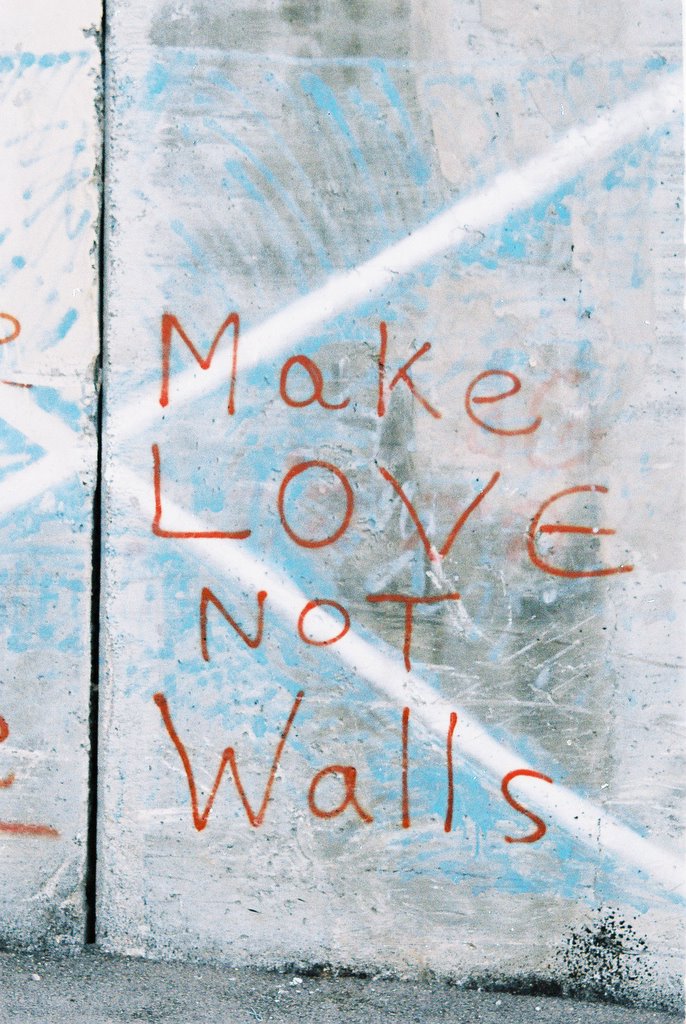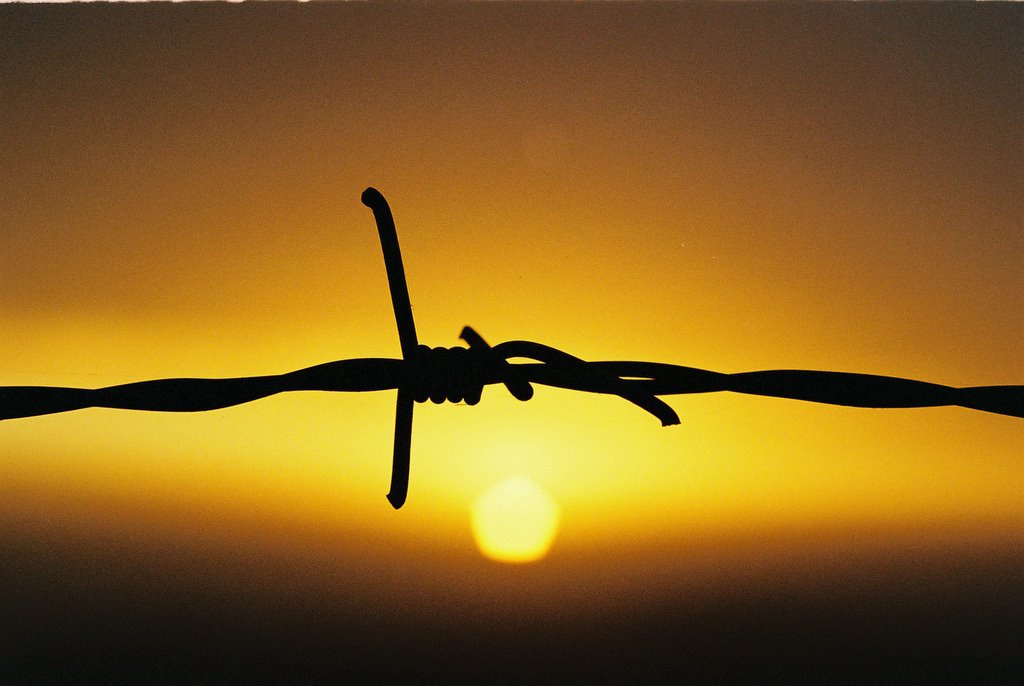Fri 27 Jan
Went to the Holocaust Memorial Day exhibition in the Winter Gardens, thought of the Jewish Shoah plus the killing of so so many others on grounds of discrimination. Thought of my own Jewish-Atheist-Australian ancestry. Came back and read news of the Bishops’ report on sexuality, decided it was too painful to read.
Sat 28 Jan
Wrote to a couple of clergy colleagues and friends to express no-words sorrow about the report.
Sun 29 Jan
Upset at church.
Mon 30 Jan
News of an emergency hospital admission for a very close relative; hoping NHS less dinosaur like than CofE (maybe that's unfair on dinosaurs).
Tue 31 Jan
Go to chaplaincy to cancel work so I can go for a hospital visit to v. close relative—bit shocked. Hear nomination announcement—bit bewildered. Hospital completely log-jammed, the porter had been called in on 3 out of his 8 days holiday. Feeling a log-jam in the CofE. Constipating.
Thu 2 Feb
After shocking 2 days—with cancer in the family and NHS staff under pressure and LGBTQUIAAP church people feeling it—start to tentatively contact clergy and lay-reader colleagues in Diocese. Taken aback by the level of shock and distress and anger. Not much headspace to even think what I think, just praying for discernment and holding out for a day's space at Mirfield and spiritual direction.
Fri 3 Feb
Have spoken to enough people that I get the sense there’s a pastoral distress of significant proportions, not feeling responsible, but feeling alert and hopeful and praying. At uni, there’s incredulity. I’m used to representing the church in an institution. This, now, reminds me of the reaction at York St John in 2006 to the news ++Sentamu would be the first Chancellor, just the day after he’d been reiterating the Bishops’ teaching on issues in human sexuality on Radio 4. I’m glad to represent the church in the workplace at such times, since I get to speak of the pain and the hope of being church.
Sat 4 Feb
Attempt to make an imaginative leap; I pray to see how a translation from Burnley to Sheffield for +Philip is a possible leap—but I’m not there. Holding out for my Mirfield trip to find some direction. Re-read non-violent communication inventory of needs—the list of the sort of basic needs we all want to have met—left feeling in the current situation too few needs are well met, leading to troubling feelings. Try to seek some letting-go.
Phone the Archdeacon, as I head to the ice rink; he can see that Mutual Flourishing makes this situation easy to imagine. My very slow logic can see that MF makes it easier to imagine, in principle, but I remain puzzled about the working out of that in practice. I picture the situation landing on top of Goole, Donny, Rotherham, Sheffield, and on top of +Philip too—like some comic-book vast craft arriving from space. I explain to my Archdeacon that the space for protest or dissent is an important one, but that we have been asked to remain quiet and prayerful. This is difficult and needs further discernment.
I write a blog offering an apology about the Bishops' sexuality report!
I speak with colleagues, lay and ordained who also discern that the level of pastoral distress is quite high. What we don't know is how many in how many places. We agree to write a joint letter of concern to our acting diocesan bishop, also asking him to listen to the many voices expressing distress, anxiety and anger.
Sun 5 Feb
Worship at church with my family. I’m one of two bass players, accidentally—tricky to create a mutual flourishing sound, so I get out my bow and pretend to be a cello. The bass muddle mirroring the bigger picture. The nomination announcement is given out in notices by associate vicar. I get a tiny nomination too (!) as one of the people to talk to others about this after the service. I’m taken aback by quite how livid and distressed people are. I carry on seeking to represent the way the church works, to this community I’m part of and love. The more I answer the questions—while aiming for peacefulness and attempting understanding—the more clearly people seem in a fury to me. Too many feelings. Holding out for Mirfield.
Mon 6 Feb
Feeling anxious about everyone due to meet with +Philip tomorrow, feeling anxious for +Philip. Most of this is picked up from the anxiety all around. Funny, feeling marginalized and excluded from the meeting by fact of being male—living the feeling—perhaps it’s beneficial now again to feel marginalized. Flourishing and marginalisation; easy to interpret this situation with each term. Oddly simply to switch terms about the same details of this situation. I get completely confused about who are the included or excluded, in the church, beyond the church. Wonder what ground I’m standing on, wonder about the news from the hospital. Desperate to get away; Mirfield tomorrow.
Tue 7 Feb
I have to take all of me with me to see my spiritual director at the Community of the Resurrection, Mirfield and to the worship and the silence and the space. A beautiful moment as I travel, reading the tweets of another's journey; a vicar being spotted in a car singing "Heavy Dirty Soul"—odd being a priest. Watch Hilary Clinton speaking about 'the future is female'. I send a message to my very close relative who’s under the knife to say “going off to pray and write protest poetry”; somehow this makes her day and helps me write.
Other visitors at CR include a brother from Alnmouth—where I took a group of international students in November —and a priest from Burnley archdeaconery who speaks of the transformation +Philip has brought there; §those who were wary to begin with, completely changed. I wish and pray that could translate, in this nomination, for +Philip's translation from Burnley to Sheffield. I still find it's too hard a leap for me, though, if those far less advantaged than me cannot leap too. I wonder who I’m angry with, decide it’s with me, nobody else—so I finish the poem and call it 'Church's Future's Female'. Catharsis.



